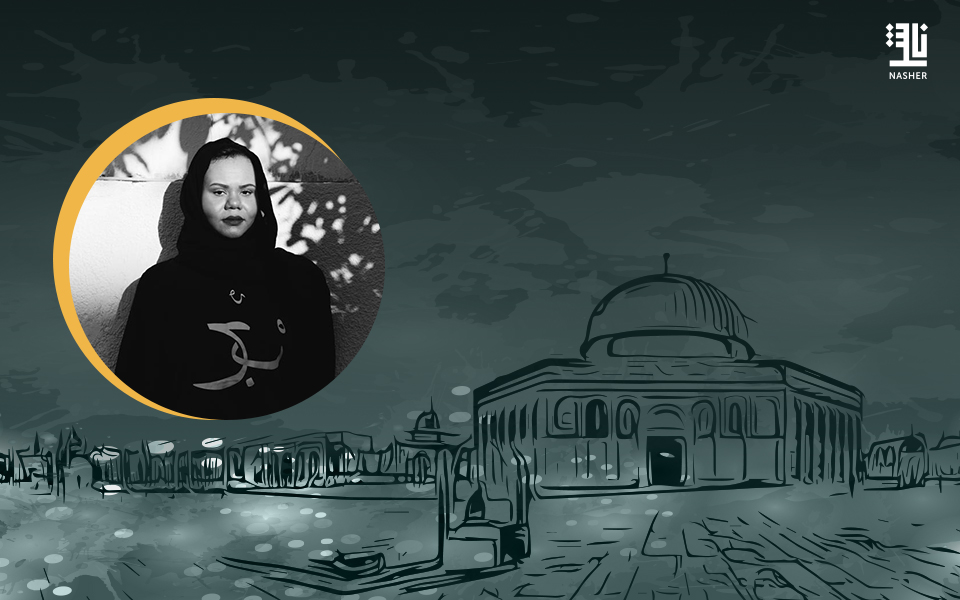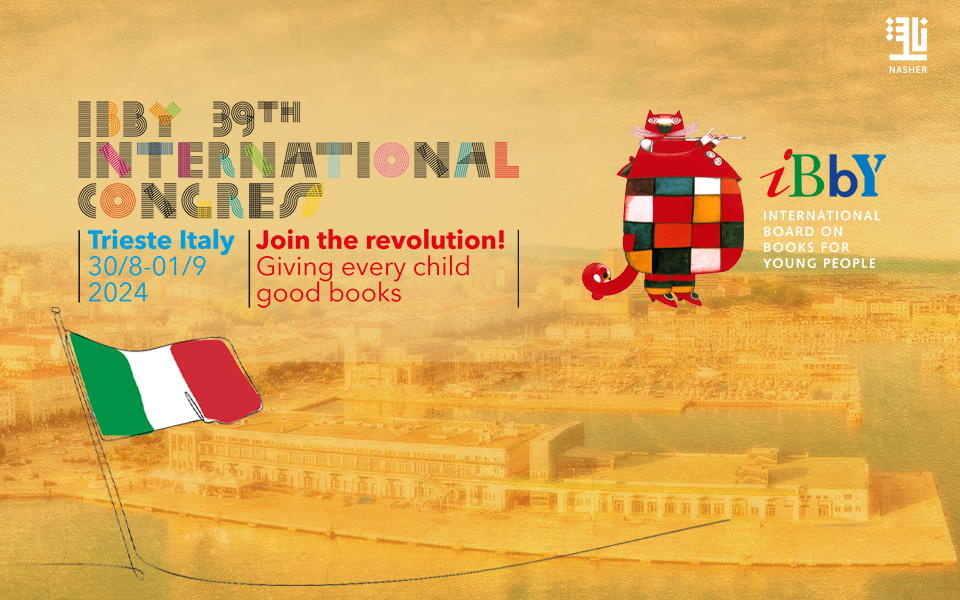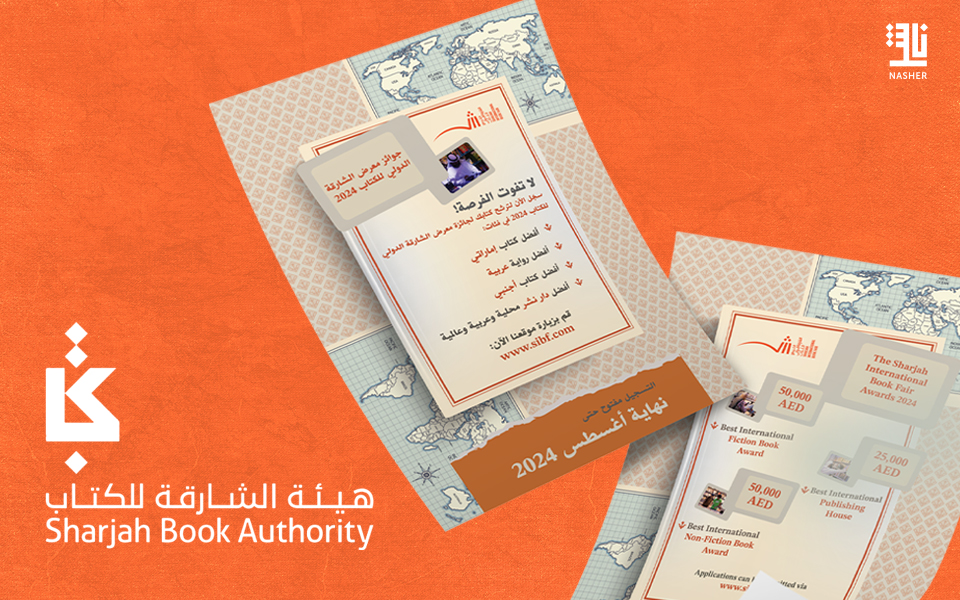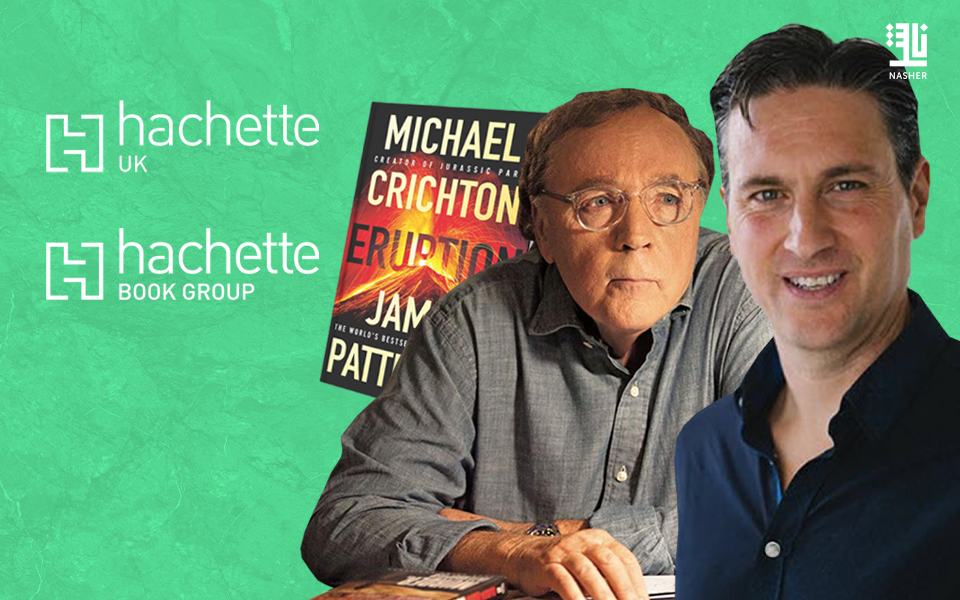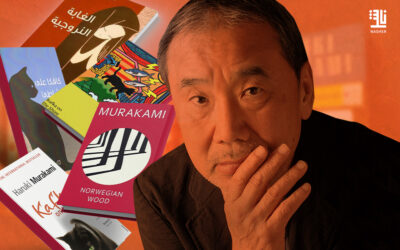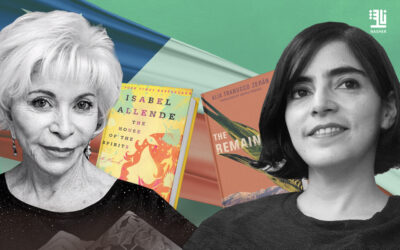It may appear rather trivial… to make a call and reschedule my appointment with the therapist for tomorrow. But what feels even more unassuming, yet profoundly humbling, is the thought of sitting across from him and discussing a sudden onset of anxietyafter a year of experiencing tranquility. What caused this abrupt unease? It was my unanticipated vulnerability, even though I was comfortably ensconced within the sanctuary of my own home, penning the closing pages of an upcoming novel. The TV in my home office continually relaying the latest news. And when we mention “news” these days, we’re invariably referring to nothing other than Palestine.
I can visualize his responsenodding in contemplation as he gently urges me to mitigate my heightened sensitivity towards the external world, encompassing global affairs, naturally. But are these truly global events? Does not every tragic death witnessed feel akin to one’s own impending demise, a further step towards one’s own erasure? Does each act of injustice ignored not signify that we’re accumulating our own personal injustices to confront one day, in one form or another? It has never been an individual matter, and nothing in our present life is solely private. Each tremor must reverberate in the hearts of all, and every blow pierces the collective human heart, as if it were the eternal cosmic dance?
By the way, he is unaware that I never watch complete videos depicting death. I made this choice after witnessing the horrifying act of ISIS burning Muath al-Kasasbeh alive a few years back. Yet, I’ve come to realize time and again that I can vividly imagine the conclusion of these videosseeing the carnage, the blood, and hearing the screamsoften more horrifically. I wish not for my soul to become desensitized to the spectacle of death, treating it as a mundane feature of a reality show, without due consideration. And above all, I absolutely don’t desire a day to come when I’d remain indifferent to your plight. I don’t want my own demise to be confirmed.
I bear a necessary sense of anger. It perpetually reminds me to reconcile with the concept of anger, which I previously considered as excessive expression. Now, as I passionately tear a page from my journal, I see the wisdom in understanding that anger is integral. Will this ever-escalating rage suffice, as we, the urban contemporaries of modern civilization, wonder how we can protect your childrenour frightened children? Their apprehension transcends borders and their blood mingles across this immense world. Paradoxically, as civilization advances, so does its helplessness, and what’s even more ironic is that its very humanity dwindles.
I won’t elaborate on Palestine, its rights, and the memories, as these are woven into the fabric of my childhood and youth. Instead, I will deliberate on the intricate nature of the situation. I invite you to join me in contemplating how, in the cities of the world today, a mere mention of Palestine becomes a red line, a taboo, or even a sin. How remarkably akin is this to the extraordinary and delicate moment when the mythical EveMother in the human legend, symbolizing fertility, love, and extensiontransformed into a curse?
In response to the hospital massacre, I choose to display a black screen. It feels as though every word is a manifestation of mourning for you, in the form of yet another act of hypocrisy.
I’ve never visited you. It’s a realm that has eluded me, even in the realm of dreams. What’s strange is that every time you are mentioned, I’m still unable to form a distinct mental picture of you as a geographical entity with well-defined contours. There exists solely an image of a wheat-skinned woman in a black attire, who I presume is you. Additionally, there’s the evocative aroma of thyme that consistently takes me back to you each time I choose this Palestinian café as my writing sanctuary. I even hear you occasionally in the voice of “Mai,” the café owner, who frequently confuses my name and calls me “Suhaila.” Rather than correcting her, I now believe that this is how things should remain. This is because you are the embodiment of the idea and the essence, amidst the dissolution of many grand concepts. You are a concept larger than despair, death, and conflagrationthe mythical Eve rebelling against the curse.
It’s been two years since I was in the United States, and for some inexplicable reason, our conversation drifted toward you. What was striking was the profound silence that followed when I, together with an Algerian colleague, asserted that we viewed it as an extended occupation. This view stood in contrast to the prevailing sentiment. At the time, I sensed their bewilderment, and I, too, empathized with their perspective. It’s fascinating how you have been entrenched in their minds as the defiant sin that defies comprehension and transcendence. Here I find myself pondering the curse of Eve once again, and I commiserate with us through you.
Everything ultimately revolves around politics. You, who resolutely dismiss the pain in a way that is destined to go unnoticed, whether it’s a cup of coffee or an art exhibition you attend, where your presence remains inconspicuous. You and your marginal existence, representing a colossal disaster in the ostensibly civilized parade.
Endless questions about awareness, ceaseless inquiries about the art of thinking, deep-seated questions about death and vulnerability, and colossal and daunting queries in today’s world. How would the face of death alter if the power dynamics in the world shifted, while the new generationsguided solely by the call of powerpersisted in their ignorance? Who will safeguard the significance of the burgeoning place that I cherish as much as I do you? And who will bear the cost of this bewildering fluidity in the establishment of concepts, values, and multi-dimensional thought, as time, place, and people evolve?
I reject the reported death tolls. I refuse to accept that lives can wither away in such a manner. I resist the notion that such a grand demise could be facilitated with the push of a button. Perhaps, you, too, refuse to acknowledge these occurrences, to refuse the ashes that accumulate, to reject despair, which would signify your eternal fragmentation. You, perhaps, also refuse us as we tally your fallen as mere numbers, because they eternally dwell within your soulcomplete with their full names, the intricate details of their features, their fragrances, and the names of their beloveds.
It may appear deceptively inconsequential, as I sit here to write to you about my trivial anxieties in the face of your profound ones, my anger that seems to hold no weight against your fiery trials, and my queries in a world where questions seem to melt away. Yet, it feels far from trivial; it’s a means to anchor myself to your essence. I wish to share in the extravagance of life with you, preserving your memory and upholding the significance that remains intrinsically tied to you.

